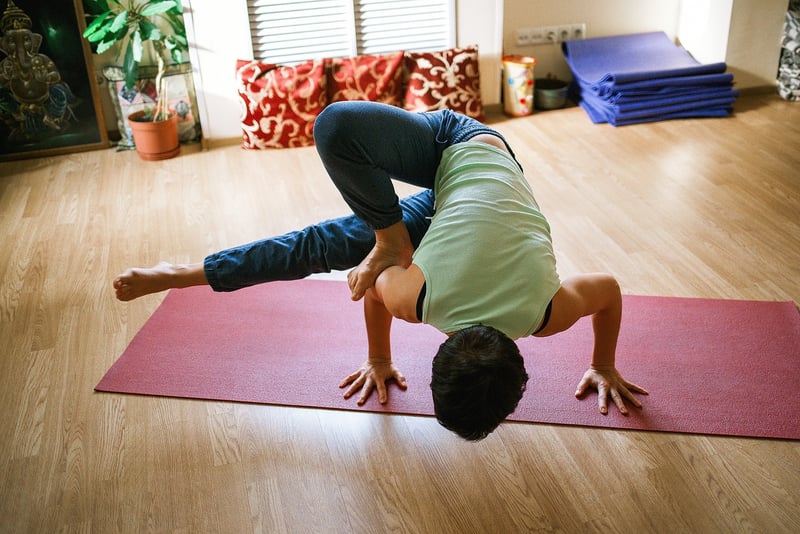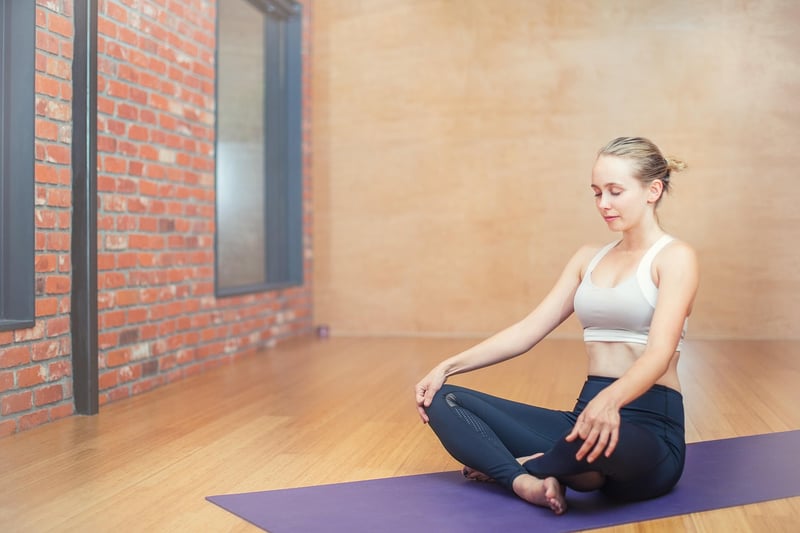Relaxation Practices
Improving Sleep Quality with Relaxation Practices
Sleep is essential for overall health and well-being, yet many people struggle to get a good night's rest. Incorporating relaxation practices into your bedtime routine can help improve sleep quality and promote a more restful night. Here are some effective relaxation techniques to enhance your sleep:
1. Deep Breathing Exercises
Deep breathing can help calm the mind and body, making it easier to fall asleep. Try taking slow, deep breaths in through your nose and out through your mouth for a few minutes before bedtime.
2. Progressive Muscle Relaxation
This technique involves tensing and then relaxing each muscle group in your body, starting from your toes and working your way up to your head. This can help release tension and prepare your body for sleep.
3. Mindfulness Meditation
Practicing mindfulness meditation can help quiet the mind and reduce stress and anxiety, making it easier to drift off to sleep. Focus on your breath or a calming mantra to center your thoughts.
4. Aromatherapy
Using essential oils like lavender or chamomile can promote relaxation and create a soothing atmosphere in your bedroom. Consider using a diffuser or adding a few drops to your pillow before bedtime.
5. Guided Imagery
Listenting to a guided imagery recording can help redirect your thoughts away from stressors and promote a sense of calm. Visualize a peaceful scene or scenario to help you relax and fall asleep.
6. Yoga or Stretching
Gentle yoga poses or stretching exercises can help release physical tension and promote relaxation before bedtime. Focus on gentle movements and deep breathing to unwind and prepare for sleep.
7. Limit Screen Time
Avoiding screens such as smartphones, tablets, and computers at least an hour before bed can help signal to your body that it's time to wind down. The blue light emitted from screens can interfere with the production of melatonin, a hormone that regulates sleep.
By incorporating these relaxation practices into your nightly routine, you can create a calming environment that promotes better sleep quality and overall well-being. Sweet dreams!



